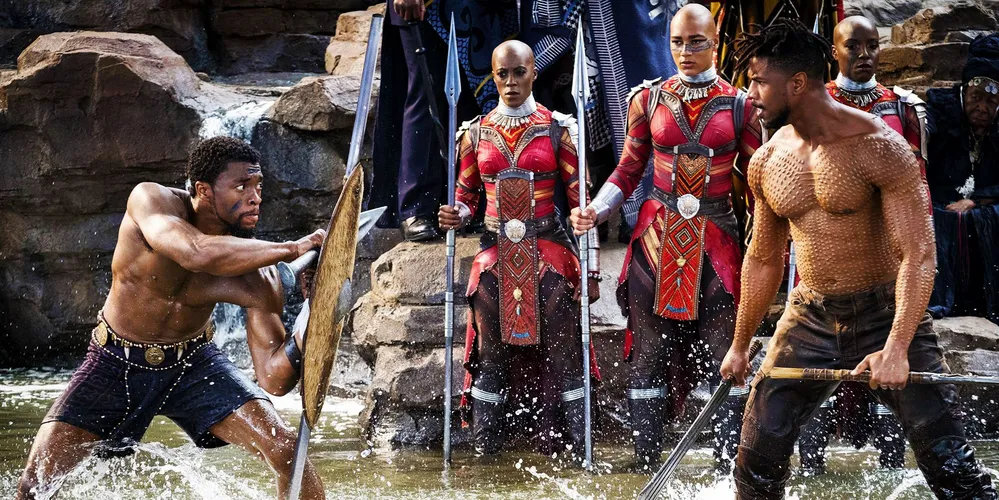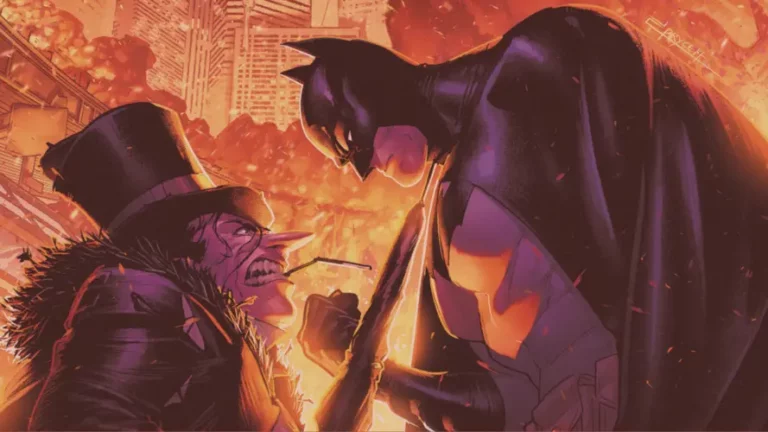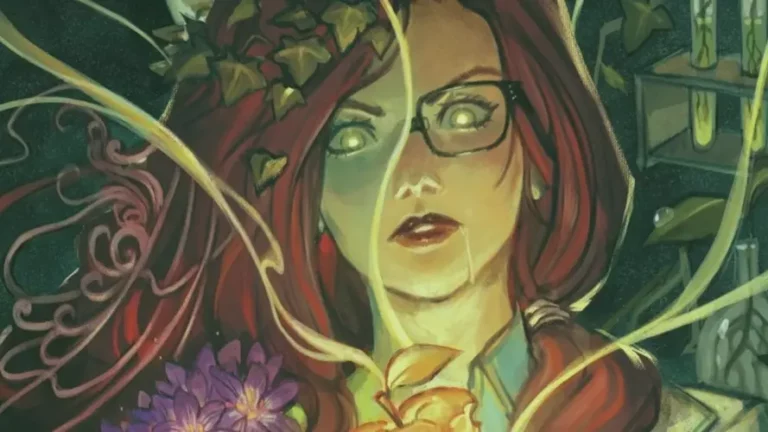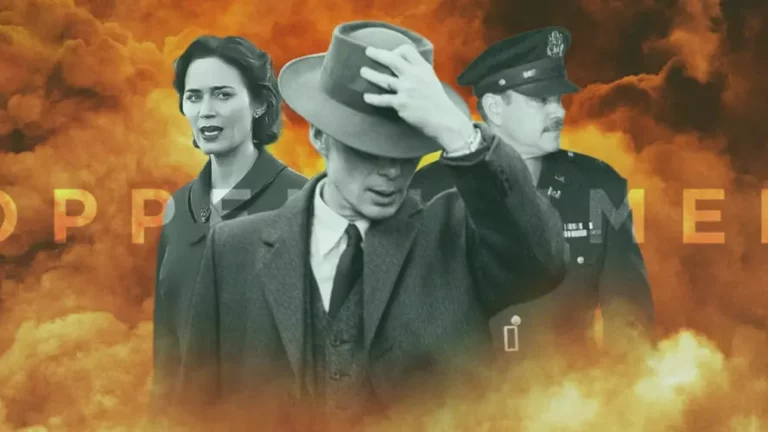In the intricate tapestry of Marvel’s cinematic and comic book universes, the distinction between hero and villain often blurs, creating complex characters that captivate audiences with their depth and realism. The latest installment from the Avengers series, “Avengers (2023) #12”, penned by the gifted Jed MacKay along with the artistic prowess of Francesco Mortarino, Federico Blee, and Cory Petit, unveils a startling revelation about Black Panther that casts a long shadow over his storied legacy. This narrative twist redefines the dynamic between Black Panther, the regal protector of Wakanda, and his nemesis Erik Killmonger, offering a darker and more nuanced exploration of their rivalry.
A Legacy Unveiled
The critical and commercial success of the 2018 Black Panther film can be attributed to its exploration of thematic tension between T’Challa, the noble Black Panther, and Erik Killmonger, his antagonist. Their conflict delved deep into issues of identity, power, and the burden of history. However, “Avengers (2023) #12” shifts this paradigm by revealing a startling similarity between the two characters. Both T’Challa and Killmonger were molded to be agents of change, trained from a young age to destabilize nations if necessary. This shocking revelation places T’Challa’s previously unblemished character into a realm of moral ambiguity, highlighting that the line between hero and villain is thinner than previously perceived.

The Orchis Crisis
In “Avengers (2023) #12”, the Avengers engage with the anti-mutant organization Orchis, marking their intervention in the Orchis/X-Men conflict. Orchis finds itself outmaneuvered and on the brink of collapse, a predicament attributed to Black Panther’s clandestine activities. Black Panther, described as Wakanda’s ultimate operative, was intricately trained for the purpose of national destabilization from within, should Wakanda’s interests demand it. This narrative pivot underscores a chilling parallel between Black Panther and Killmonger, both of whom wield their profound skills to influence geopolitical landscapes according to their nation’s will.
The Dichotomy of Black Panther and Killmonger
The film “Black Panther” showcased Killmonger as a character defined by his military precision and capability to disrupt governments, a skillset honed through his upbringing in the Western military complex. This background served as a critique of the destabilizing influence of Western powers globally. By contrast, T’Challa was portrayed as a figure of balance, striving for peace and diplomatic solutions to historical injustices. Yet, with the revelations from “Avengers (2023) #12”, this contrast blurs, casting T’Challa in a light remarkably similar to Killmonger’s. Both characters, it turns out, are products of systems designed to leverage their abilities for the purpose of political domination and subterfuge.
:max_bytes(150000):strip_icc()/black-panther-a4ad45f2c272490cbf8d569e0bd0bf85.jpg)
Reflecting on the Legacy of Colonization
The narrative arc of “Avengers (2023) #12” reframes Black Panther’s role, positioning him alongside Killmonger as a figure capable of employing the colonizer’s tactics for Wakanda’s benefit. This juxtaposition challenges the audience’s perception of Black Panther as a purely heroic figure, instead presenting him as a complex character capable of morally ambiguous actions. It prompts a reevaluation of Wakanda’s place in the world, and whether its methods of protecting its sovereignty align with the noble image it projects.
Conclusion
The revelations in “Avengers (2023) #12” enrich the lore of Black Panther and Killmonger, casting their relationship in a new, darker light. By exploring the depths of their characters and the motivations behind their actions, the series offers a profound commentary on the nature of power, the legacy of colonization, and the fine line between hero and villain. In doing so, it ensures that the saga of Black Panther and Killmonger will continue to resonate with audiences, inviting them to ponder the complexities of their favorite characters and the world they inhabit.




